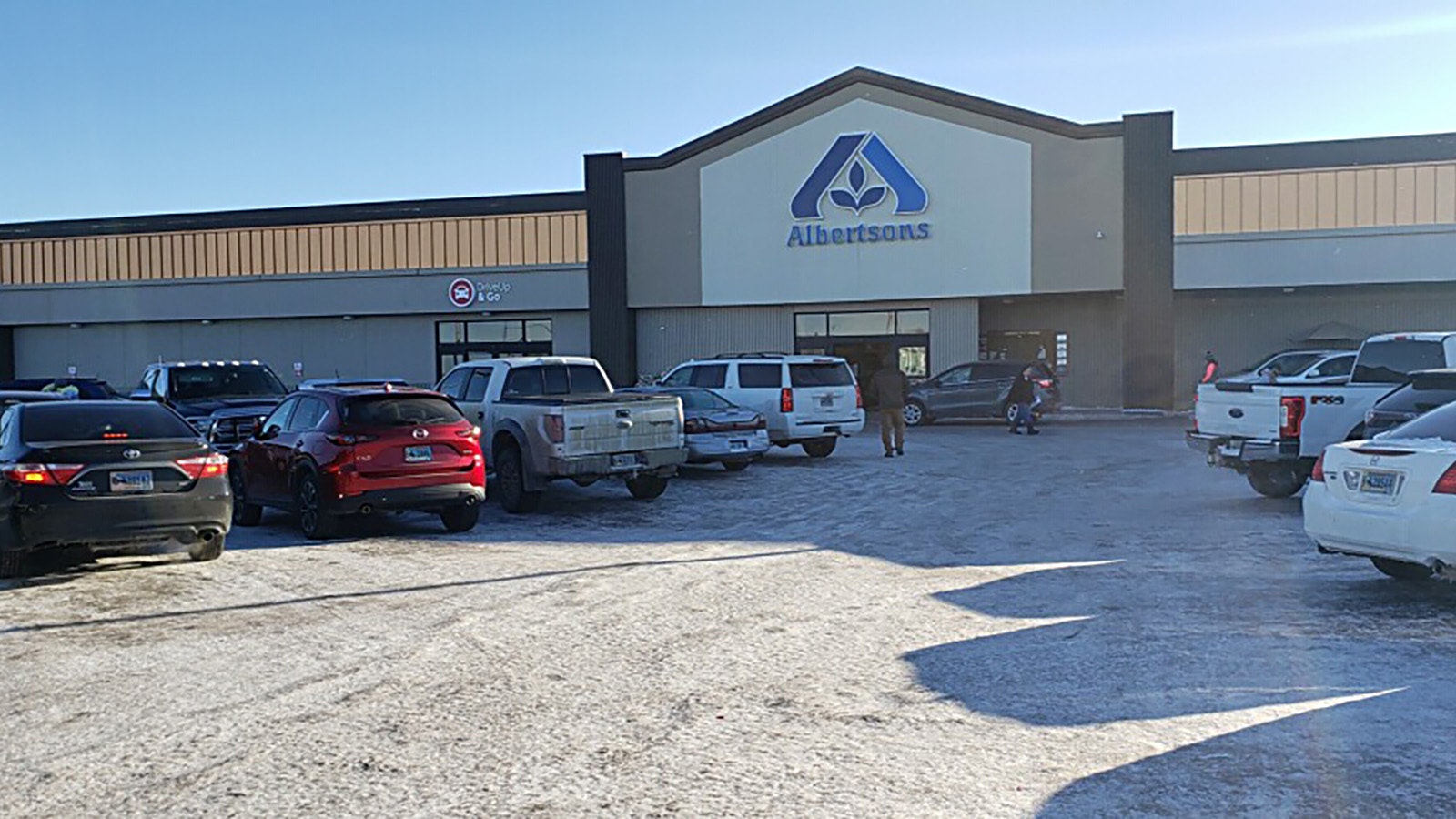By Renée Jean, Business and Tourism Reporter
renee@cowboystatedaily.com
A Washington, D.C., circuit court won’t place an emergency pause on the $4 billion dividend Albertsons plans to pay its shareholders ahead of a proposed $25 billion merger with Kroger that has been sharply criticized in Wyoming.
It’s another major blow in the case for the attorneys general of D.C., California and Illinois. It leaves the only remaining roadblock to the payout an appeal of a temporary restraining order in a Washington state court.
The Washington Supreme Court extended the temporary block on the payout to provide time for discretionary review and direct review questions.
Now What?
If the dividend payout had been negotiated during the merger as part of the companies’ decision to combine, that would have violated antitrust laws.
But Albertsons has a strong paper trail showing the dividend was not part of merger negotiations, and both the judge in the state of Washington’s case and the judge in the D.C. circuit case have ruled there’s no violation of antitrust laws and that the payout can proceed.
Albertsons was pleased with the D.C. circuit court ruling.
“Albertsons Cos. continues to maintain that the claim brought by the Attorney General of the State of Washington, and the similar lawsuit brought by the Attorneys General of California, Illinois and the District of Columbia, are meritless and provide no legal basis for preventing the payment of the Special Dividend,” a statement from the company says.
“Albertsons’ position has been supported by favorable rulings in both Circuit and District courts in the District of Columbia and a Washington State court,” it read.
Legal Path Unclear
With the D.C. appeal failing, that leaves an unclear legal path for Washington state’s effort to block the payout until the merger is cleared by federal regulators.
Washington Attorney General Bob Ferguson’s arguments suggest a potential direction, painting the payout as just another flavor of what caused the Toys “R” Us bankruptcy in 2017.
Under private equity ownership, the popular toy store’s debts rose to $5 billion from a mere $100 million. That titanic debt load ultimately sank the ship.
Ferguson in his case has in fact already pointed out that Albertsons is borrowing $1.5 billion from its revolver to make the payout ahead of the merger.
Local 7 Union President Kim Cordova, meanwhile, has told Cowboy State Daily she believes the payout is part of a strategy to so weaken the company that the merger of Kroger and Albertsons becomes too big to fail.
Worries About Competition
Albertsons is the nation’s second largest supermarket chain by revenue, while Kroger is nearly twice its size. An Albert-Krogerson merger would create a new entity that controls some 5,000 stores and one-fifth of the nation’s food supply.
Company officials have suggested they need that kind of size to have buying power so they, too, can set prices like Walmart does.
To get the deal past regulators, the company has said it would divest up to 375 stores for a spin-off company called Spinco to keep the market competitive.
Lawmakers, however, were extremely skeptical of the spin-off during a recent hearing, given that the basis for the merger is that Kroger and Albertsons need to combine so they can compete in today’s market.
“If Kroger and Albertsons, which each have over 2,000 stores currently, if they can’t compete with Walmart, then how would the spun-off companies survive with only a few hundred stores dispersed throughout the country?” Sen. Mike Lee, R-Utah, pointedly asked during a recent congressional hearing into the merger.
Kroger CEO Rodney McMullen suggested that small stores can compete by “connecting with the local community” and by employing a “combination of price, service and freshness,” such as Weis Markets, Ingles and smaller grocers like that across the country.
“I know personally, when I do store visits, I will go into smaller chains just as often as I go into bigger chains,” he said. “Because I find the smaller chains are incredibly innovative with new ideas, new products.”
Keep Asking Questions
Lee and other lawmakers’ questions during the hearing are exactly the kinds of questions Cordova believes Congress and federal regulators need to keep asking before the merger is allowed to go through.
She believes past will be prologue here, and urges them to examine closely what happened during the last Safeway-Ablertsons merger. The spun off companies there were sold to Haggen, which did not last a year.
She believes the same thing will happen with Spinco.
“They’re not going to let that competitor thrive,” said Cordova. “They sell them a lemon basically.”
Some of those Spinco stores will be in the same parking lot, she said. And the lower prices, better wages claim is an all-too-familiar refrain.
Wyoming’s 750 grocery store workers heard that claim last time during the Albertsons-Safeway merger. Around 168 stores were sold off to Haggen at the time and went bankrupt less than a year later.
There was no real competition, Cordova said. Instead, there were lost jobs, broken retirements and lately, some of the worst inflation the nation has ever seen for food prices.
Cordova believes the merger will also widen food deserts as it has done in the past. The USDA’s map does show food deserts, which are defined as low-income, low-access areas, widened in Wyoming in 2019 compared to 2015.





